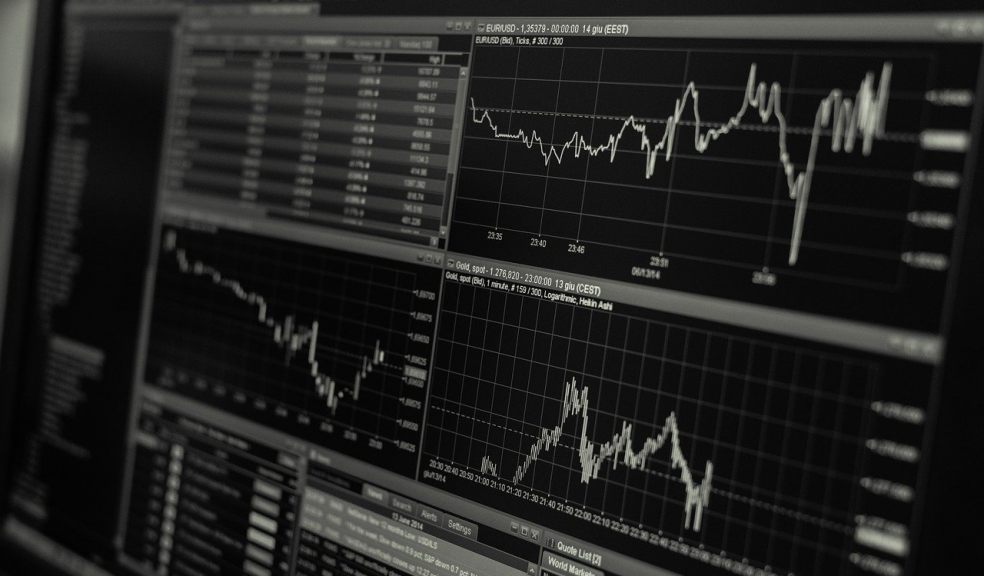
What is a Trading Account?
A trading account is significantly different from a current or a savings account, which comes with its own sets of features, purposes, and regulations.
As each day passes us by, we are getting closer to an immersive digital transformation. The cost of living is rising too, with new choices of lifestyles and inflations. So, how to combine these two phenomena into one and create a solution for the ever-increasing living expenses? Many people would argue that the answer lies in wealth management through the process of investing and trading in the financial markets.
Back when there was a physical certificate issued for stocks, investors and traders required to be physically present in the stock exchanges to buy or sell securities. The shares could then be held on a Demat account. Anyhow, as the capital markets became digitized, the previous system got entirely replaced by online trading accounts.
The Definition of a Trading Account
Just like a Demat account, an online trading account allows the individuals and business to hold securities and currencies as an asset. However, a Demat account didn’t use to allow trading activities - which is to speculate on the price movements of a financial instrument like stocks, commodities, indices, bonds, ETFs, currencies, options, etc. As you can imagine, an online account for trading does.
By definition, a trading account is an account where one can deposit funds or securities with a broker or some other eligible financial institutes. Its purpose is to facilitate all the activities required to speculate in the capital and the forex market.
Usually, it is mainly used by day traders or other short-term traders, who speculate on the price-action movements of a particular asset to gain some quick profits. This type of account can be overseen by a personal trader, a fund manager, or an investment dealer. Some online trading platforms also offer the chance to copy the trading activities of other traders using the funds in their accounts.
How Do Such Accounts Work?
Trading accounts are usually offered by banks, online brokers, traditional brokers, etc. An investor or a trader needs to open an account with a regulated platform to conduct their trading activities. These activities include depositing and withdrawing funds, buying and selling assets and securities, receiving financial statements, etc. While these accounts allow the user to make a profit through trading, it doesn’t usually pay interest for the idle money.
In an account specifically used for trading, only the direct expenses and the revenues are documented. The expenses go to the debit side and the revenues are calculated as credits. If there is a positive difference between the credits and the debits, it indicates a profit. If the opposite happens, it indicates a loss.
To conclude, having an account for trading is fundamental to trade in the financial markets. Not every broker offers the same services, nor the charge a similar fee. So, you should look for a platform that suits your trading goals the best.



















